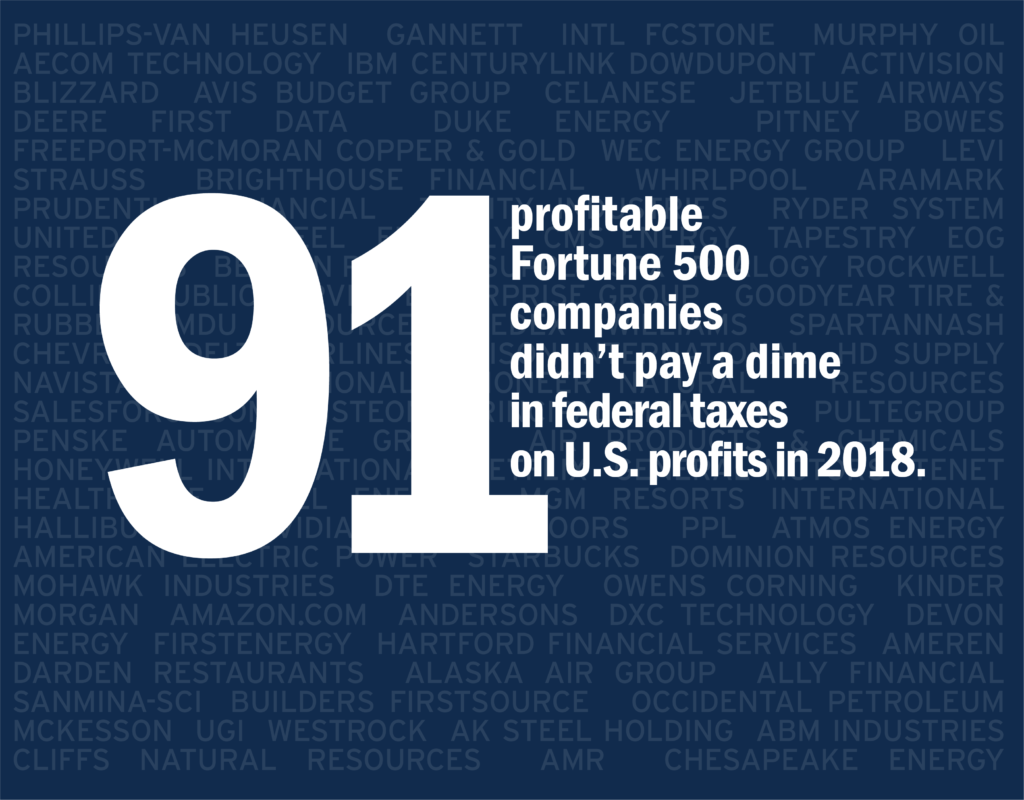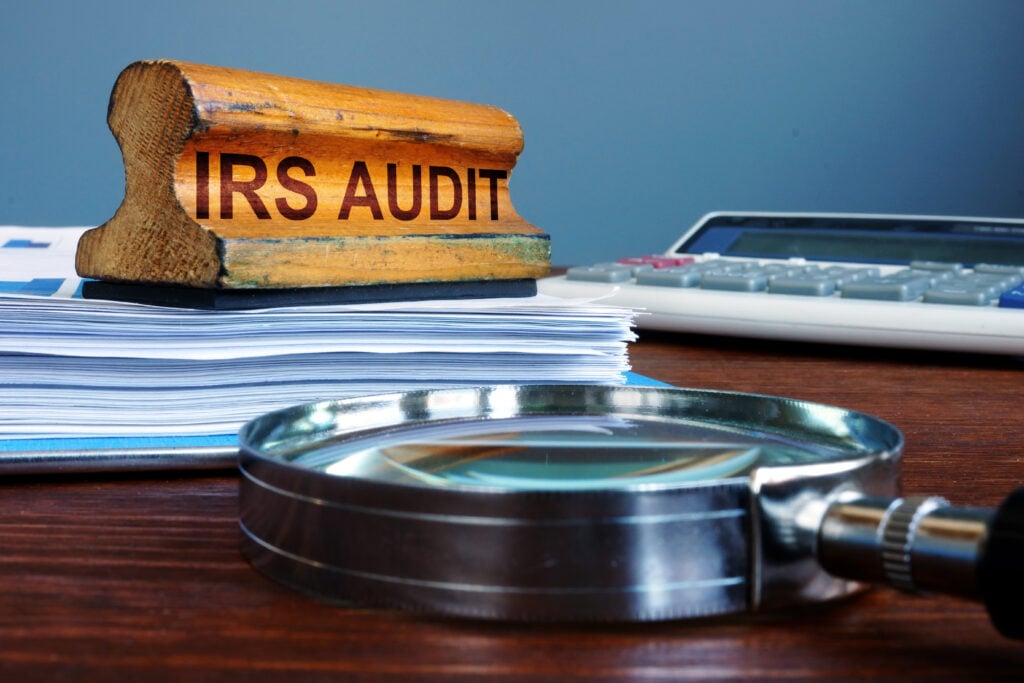The United States is collecting a historically low level of tax revenue from corporations. In 2018, corporate tax revenue as a share of gross domestic product (the nation’s economic output) dipped to 1 percent and reached just 1.1 percent in 2019.
The only other times in the last 40 years that tax collections were this low was in 2009, as a result of the recession, and in 1983 after President Reagan’s expansive tax cuts, which he partly reversed with the Tax Reform Act of 1986 and other laws that raised revenue.
Falling corporate tax collections are partly a result of the Trump-GOP tax law, which cut the official corporate income tax rate from 35 percent to 21 percent, and loopholes that allow many corporations to avoid paying even that much. A recent study from ITEP highlighted the rampant corporate tax avoidance during 2018, the first year the GOP-Trump tax law was in effect.
Less known is how the Trump administration’s regulatory policies are making the situation even worse, which the House Ways and Means Committee will address during a hearing this morning.
New reports backed up by the Congressional Budget Office reveal how corporations successfully lobbied the Treasury Department to provide even larger breaks, what ITEP calls Trump’s real “tax cuts 2.0.”
On top of that, Congressional Republicans’ long-standing policy of cutting the IRS budget has led to reduced audits and enforcement activities aimed at corporations, allowing companies like Microsoft and Facebook to get away with aggressive tax dodging.
Meanwhile, the early trickle of data on corporations’ 2019 taxes suggests that there is no end of tax dodging in sight. For example, despite Amazon’s attempts to confuse the discussion about its tax liability, the company’s 2019 financial information shows that it paid an effective federal income tax rate of just 1.2 percent that year.
President Reagan at least had the wisdom to partly reverse his corporate tax cuts. A similar change of heart by the current administration seems unlikely, leaving it to members of Congress to shine a light on the ways in which our biggest corporations are benefitting from public infrastructure and investments without contributing tax revenue to support them.





